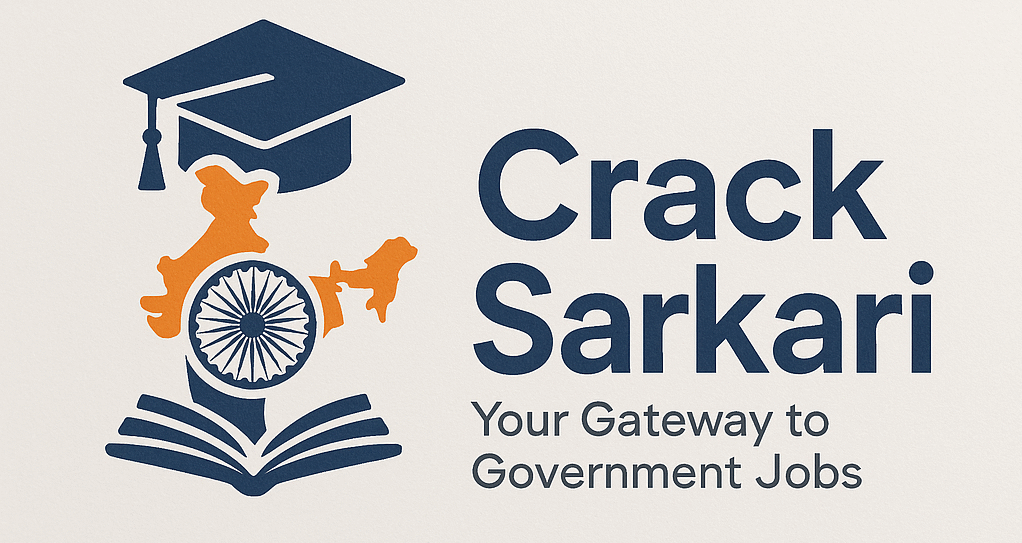The Union Public Service Commission (UPSC) conducts the Civil Services Examination (CSE) annually to recruit candidates for prestigious positions like IAS, IPS, IFS, and other Group A & B services. This exam is conducted in three stages:
- Preliminary Examination (Prelims)
- Main Examination (Mains)
- Personality Test (Interview)
Let’s explore the complete UPSC syllabus, stage by stage, in detail.
Stage 1: UPSC Prelims Syllabus
The Preliminary Examination is the first hurdle and consists of two objective-type papers:
Paper I – General Studies (GS-I)
- Current affairs of national and international importance
- History of India and Indian National Movement
- Indian and World Geography – Physical, Social, Economic
- Indian Polity and Governance – Constitution, Political System, Panchayati Raj, Public Policy, Rights Issues, etc.
- Economic and Social Development – Sustainable Development, Poverty, Inclusion, Demographics, Social Sector Initiatives
- Environmental Ecology, Biodiversity, and Climate Change – general issues (no subject specialization required)
- General Science
📌 Marks: 200
📌 Duration: 2 Hours
📌 Nature: Qualifying for Mains eligibility (marks not counted in final ranking)
Paper II – CSAT (GS Paper-II)
- Comprehension
- Interpersonal skills including communication
- Logical reasoning and analytical ability
- Decision-making and problem-solving
- General mental ability
- Basic numeracy (Class X level)
- Data interpretation (Class X level)
📌 Marks: 200
📌 Duration: 2 Hours
📌 Nature: Qualifying (33% minimum required)
Stage 2: UPSC Mains Syllabus
The Main Examination is descriptive in nature and assesses the depth of understanding and analytical skills. It consists of 9 papers, out of which 7 are counted for merit and 2 are qualifying in nature.
Qualifying Papers
Paper A – Indian Language (Any one from the 8th Schedule)
- Essay writing
- Translation (English to chosen language and vice versa)
- Precis writing
- Grammar and basic comprehension
Paper B – English
- Essay writing
- Precis writing
- Comprehension
- Grammar and vocabulary
📌 Each carries 300 marks. You must secure at least 25% in both.
Merit-Based Papers (Counted for Ranking)
Paper I – Essay
- Two essays to be written from given options
- Focus on clarity, coherence, and presentation
📌 Marks: 250
Paper II – General Studies I (GS-I)
- Indian Heritage and Culture
- Modern Indian History and Freedom Struggle
- World History
- Geography – physical, social, economic geography of India and the world
- Society – diversity, population issues, social empowerment
📌 Marks: 250
Paper III – General Studies II (GS-II)
- Indian Constitution and Polity
- Governance and Public Policy
- Role of Civil Services
- International Relations – India and its neighborhood, bilateral and multilateral relations
- Welfare schemes and rights issues
📌 Marks: 250
Paper IV – General Studies III (GS-III)
- Indian Economy and Planning
- Agriculture, Inclusive Growth
- Science and Technology
- Environment, Disaster Management
- Security – internal and external threats
📌 Marks: 250
Paper V – General Studies IV (GS-IV)
- Ethics and Human Interface
- Attitude, Integrity, and Aptitude
- Emotional Intelligence
- Moral Thinkers and Philosophers
- Public/Civil Service Values
- Case Studies on ethical dilemmas
📌 Marks: 250
Paper VI & VII – Optional Subject Papers I & II
You must choose one optional subject, and it will have two papers:
- Paper I – concepts and theories
- Paper II – application and Indian context
📌 Each carries 250 marks, totaling 500 marks.
🔹 Popular optional subjects: Geography, Public Administration, Sociology, History, PSIR, Anthropology, etc.
Stage 3: UPSC Interview (Personality Test)
- Conducted by the UPSC board to assess the personality, attitude, and suitability for a career in civil services.
- Focuses on general awareness, depth of thinking, communication skills, decision-making, and ethical integrity.
📌 Marks: 275
Final Merit
- Total Marks for Ranking = 1750 (Mains) + 275 (Interview) = 2025 Marks
- Qualifying papers (Language & English) are not included in merit calculation but must be cleared.
Final Words
The UPSC syllabus is vast and challenging but not impossible. A strategic approach, consistent preparation, and a solid understanding of each section can help you crack it. Use this detailed UPSC syllabus as a blueprint for your study plan.
